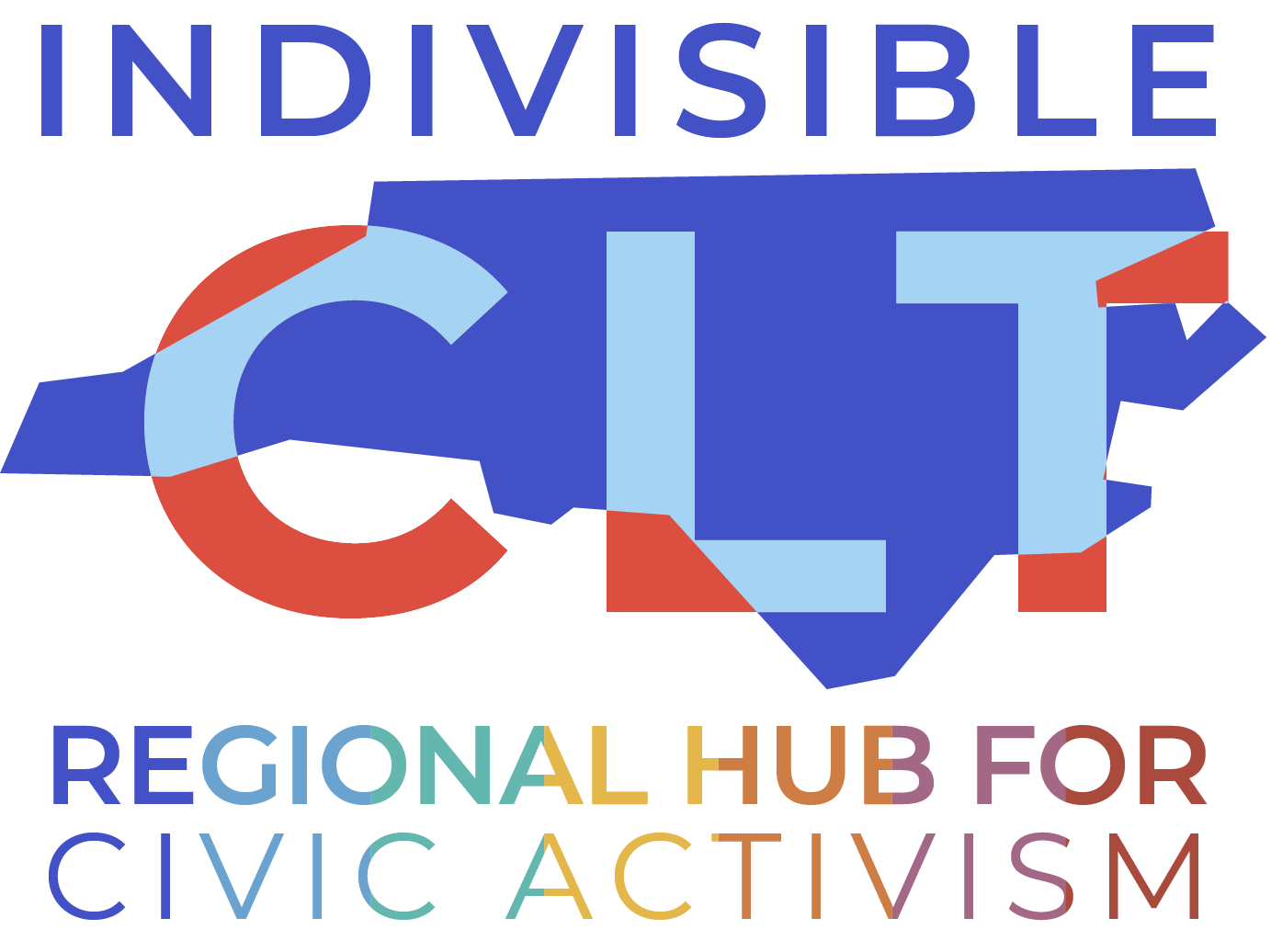This year’s election cycle is the first to require voter identification:
Why do we need photo IDs, when voter fraud is extremely rare and…If the ID law is a “done deal” why should we continue to fight to overturn it?
What should you know about the type of ID required to cast your vote? What if you don’t have a photo ID?
IMPORTANT!
If you’re in doubt about whether you have a valid ID or have forgotten yours, please go to the polls and vote as you always have. Election workers will do their best to help you cast a ballot.
Note that poll workers cannot ask a voter to remove their mask. Please temporarily remove your mask while the poll worker is checking your ID.
Why: Voter identification is aimed at addressing a non-existent fraud. It’s really just another form of voter suppression that targets communities of color and pockets of opposition. It’s another tool in the voting restriction toolbox, like gerrymandering and limitations on early and mail-in voting.
Supporters argue Voter IDs are a tool to combat voter impersonation fraud and point to the alternative ID and exception process as relief for the disadvantaged.
Research indicates this fraud is very rare: one US study indicates it’s happened 31 times in 1 billion votes cast.
Obtaining an alternative ID can be burdensome and costly. Since there are minimal instances of voter fraud, the law requires the state and counties to devote limited resources to manage a complicated process that addresses a non-existent fraud issue.
Seven percent of voters, mostly in the South, do not even have birth certificates since they weren’t born in a hospital. This makes obtaining alternative IDs even more challenging.
Voting restrictions like these are the result of intense partisanship.
Following a change in the NC Constitution, the Republican NC Legislature passed the enabling Voter ID law in 2018 over our Democratic Governor’s veto.
The law was declared unconstitutional by the Democratic majority on the NC Supreme Court in 2021.
The Republicans regained the Court’s majority in the 2022 election and promptly reversed the Court’s ruling, now requiring photo Voter IDs.
Voter ID requirements are targeted toward suppressing the vote of communities of color.
11% of US citizens do not have a government issued photo ID and Voter ID requirements affect minority voters disproportionately: Up to 25% of African-American US citizens of voting age lack a government-issued photo ID, compared with 8% of whites.
It’s believed that African American voters in NC are 39% less likely than white voters to have appropriate IDs.
Requiring IDs can be considered a form of voter intimidation and can discourage political involvement.
Minority and economically disadvantaged voters may be intimidated and feel they are not sufficiently qualified to vote.
This includes voters who are not able to obtain an ID as well as those who have IDs and are fearful of sharing their personal information due to legal, economic, or health challenges.
What: Photo IDs are required for both In-Person and Mail-In Voting. So, aim to have one of the following types of current IDs when you vote:
Driver’s License Non-Driver ID Card (No Fee Card) from NC Department of Motor Vehicles or any state, territory or District of Columbia if you are a registered NC voter.
US Passport or Passport Card.
College or University ID approved by the NC Board of Elections.
State or Local Government or Charter School ID approved by the NC Board of Elections
NC Voter Photo ID from County Board of Elections
A voter 65 or older may use an expired form of acceptable ID if the ID was unexpired on their 65th birthday
Military or veterans ID card (with photo) issued by the U.S. government.
Tribal enrollment card (with photo) issued by a tribe recognized by the State or federal government
U.S. government or State of North Carolina photo IDs issued for a public assistance program
Mail-In Voters: A photocopy of an acceptable ID must be submitted with your Mail-In ballot, enclosed in the “photo ID envelope” that comes with your ballot.
If you don’t have one of these types of Photo IDs or are not able to obtain one:
Vote as usual and fill out an ID Exception Form at the polling place.
Mail-In Voters include the Exception Form in their absentee ballot return envelope.
Voters must select from a list of acceptable exceptions listed in the additional detailed information.
Interested in more information? See additional detailed information here.
(Briefing compiled by ICLT member, Marshal Auron. Thank you, Marshal!)

